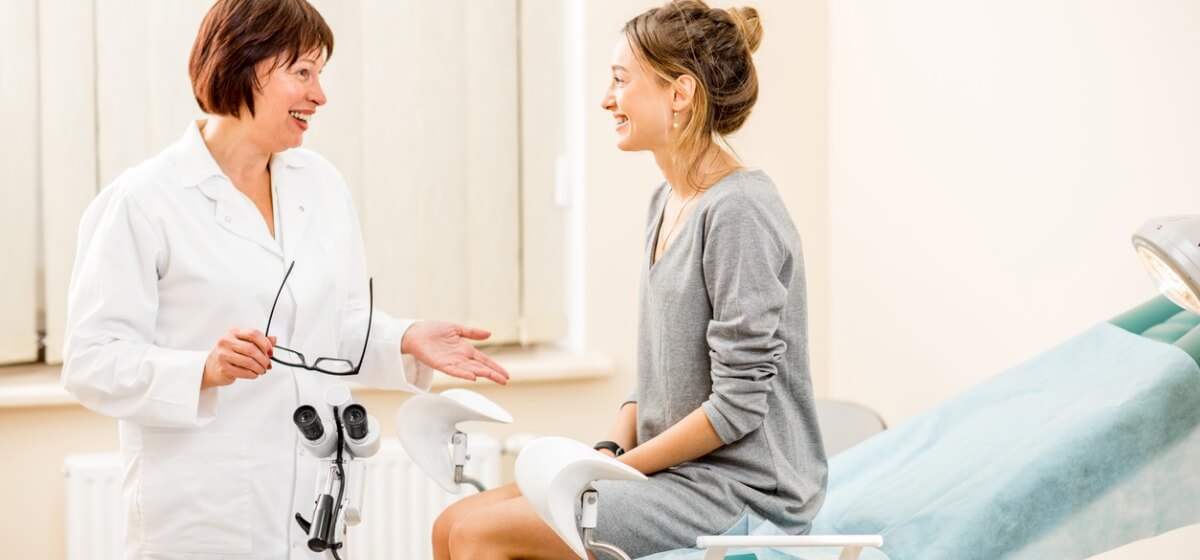7 Women’s Health Screenings & Check Up Exams

No one looks forward to cancer screenings, but the fact remains that these tests could save your life. Kentucky has the highest cancer death rate in the U.S., but many conditions are preventable. Here are the top screenings for women.
7 Women’s Health Screenings & Check-Up Exams
Pap Test To Screen for Cervical Cancer
The purpose of a Pap smear is to look for evidence of cancer or a precancerous condition in the cervix. It is often combined with a test for the human papillomavirus (HPV) because certain HPV variants are among the leading causes of this type of cancer. Cervical cancer remains a serious health issue for women around the world.
Gonorrhea and Chlamydia
National guidelines recommend that you get screened annually if:
- You’re a sexually active woman under age 25
- You’re a woman older than 25 and at risk of STIs — such as having sex with a new partner or multiple partners
- You’ve been forced to have intercourse or engage in sexual activity against your will
Doctors screen people for chlamydia and gonorrhea by taking a urine test or a swab from the cervix in women. The sample is then analyzed in a lab. Screening is important, because if you don’t have signs or symptoms, you may not know that you have either infection.
Cholesterol Screening
Getting your cholesterol levels checked is an important part of staying healthy. High cholesterol increases your risk for heart disease and stroke, two leading causes of death in the United States.
Cholesterol should be checked starting early in life—even children and adolescents should have their cholesterol checked.
Cholesterol testing should be done:
- Every 5 years for people age 20 or older who are at low risk for cardiovascular disease.
- More frequently than every 5 years for people with cardiovascular disease risk factors.
If your family has a history of early heart attacks or heart disease, or if a child has obesity or diabetes, doctors may recommend screening for high cholesterol more often.
Thyroid Screening
The thyroid is a butterfly-shaped organ at the base of the neck, in the front. It has a dramatic effect on a wide variety of your bodily functions. As the largest endocrine gland in your body, it produces two hormones: T3 and T4, which control the rate at which your body burns energy and responds to stress hormones.
Thyroid function screening looks at two ways your thyroid can malfunction: Hyperthyroidism (when too much thyroid hormone is produced in the body) and Hypothyroidism (when not enough thyroid hormone is produced).
Mammogram
Baptist Health provides several services for breast cancer screenings, including breast ultrasounds, mammogram screenings, and biopsies:
- Breast cancer screening mammogram for early assessment and identification of breast cancer.
- Breast Magnetic Resonance Imaging (MRI) to identify smaller breast cancers.
- Breast ultrasound that uses sound waves to detect breast cancer.
- Stereotactic breast biopsy for diagnosing breast cancer without surgery.
DEXA Screening
DEXA, or bone density studies — are considered the “gold standard” for diagnosing osteoporosis. The test can be used to detect osteoporosis before painful fractures occur and see how well a patient is responding to hormone replacement therapy or other medicines to slow bone loss or rebuild bone.
Bone density tests are recommended for all women 65 years old and older, and for any woman with a high risk of fracturing or breaking their bones due to genetics, lifestyle, or other health conditions. Generally, a bone density check is conducted every 2 years. However, if you have osteoporosis, your doctor will likely recommend that you schedule a bone density exam every 1-2 years.
Around the age of 30 our bone’s density peaks and as we get older they progressively lose mass. Osteoporosis is more common in women because after menopause the rate of bone loss can accelerate. If no steps are proactively taken to conserve bone density, it can quickly turn into a high-risk situation. Those who have already suffered a fracture are more likely to suffer another one, or two, especially in the spine.
Colon Cancer Screening
During a colonoscopy, a long, flexible, lighted tube with a video camera attached is inserted through the rectum to view the colon from a screen. A small amount of tissue may be removed to examine under a microscope to see if cancer is present.
For the average person, the American Cancer Society recommends starting a screening program around age 45. If a person has no unusual risk factors and the colonoscopy is normal, they may only need a colonoscopy once every 10 years.
However, for a person who has polyps (abnormal growths), or has a close family member with colon cancer, more frequent screenings would be required. Colonoscopies can also be performed at an age earlier than 45.
Your Health is Our Speciality
A woman’s body is capable of phenomenal things. But being a woman also comes with unique health challenges. At Baptist Health, we’re dedicated to providing women the services they need to protect their health, at every age and stage.
From attentive mother and baby care to comprehensive breast health and gynecologic services, we partner with women to help you attain your very best health, throughout your life.
Our dedicated women’s health staff is committed to providing the care you need with a compassionate touch.



